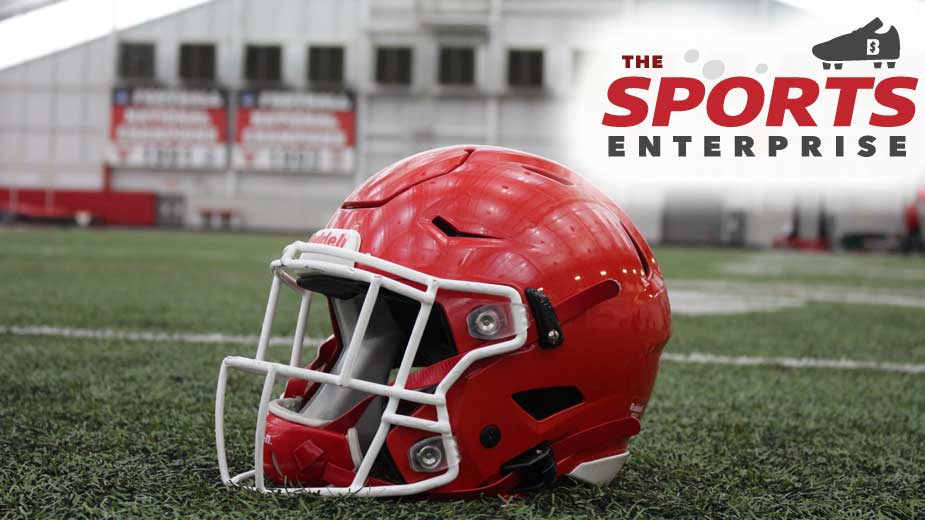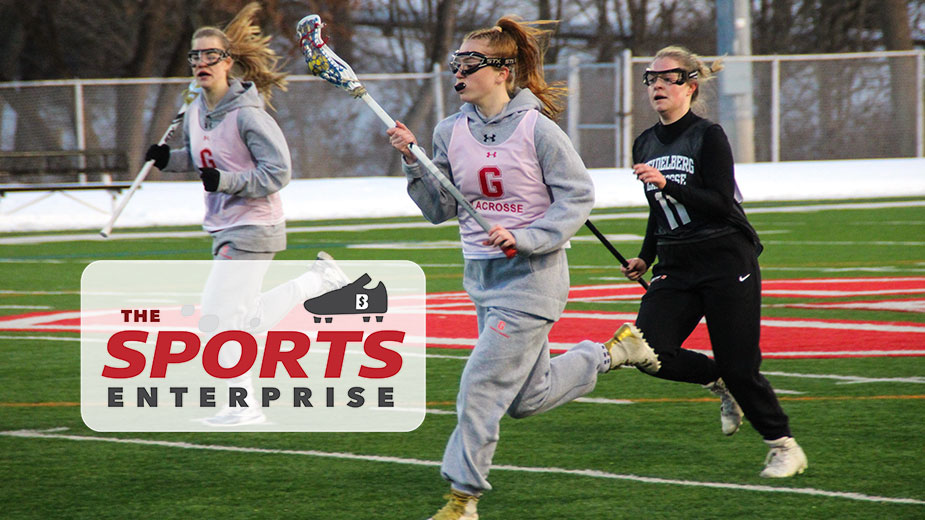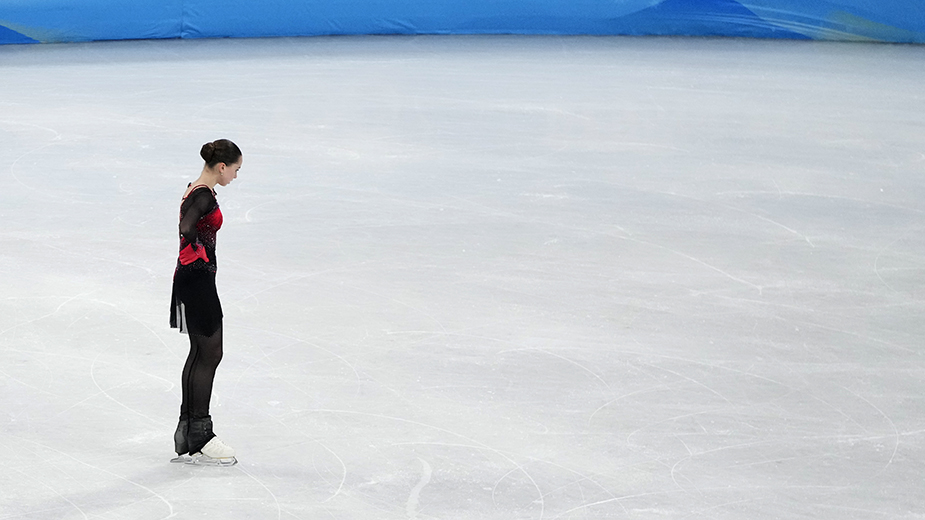YSU Football Hit with Penalties for Recruiting Violations under Pelini
YOUNGSTOWN, Ohio – The Youngstown State University football team has been hit with penalties after self-reporting recruiting violations under former head coach Bo Pelini.
According to the NCAA, YSU will be fined $5,000, receive two years of probation and will have reduced recruiting visits, communication with recruits and evaluations for the upcoming season.
Though Pelini was not addressed by name, the NCAA notice referred to a “now-former football head coach hired by another school in January 2020.” The violations discovered upon his exit include the fact that Pelini and two assistant coaches had not taken the NCAA’s certification test for the 2019-2020 school year required to participate in off-campus recruiting activities.
In another incident, three staff members contacted a player seeking to transfer from a Division II school without receiving permission from the school he was enrolled in. According to the notice, the player told YSU coaches he had been entered into the NCAA’s Transfer Portal, but was mistaken.
In a statement, Youngstown State said it conducted an internal investigation and cooperated with the NCAA to reach a resolution. Additional policies have been put in place to ensure coaches are educated on NCAA rules to avoid future violations.
The full statement from the NCAA about YSU’s violations can be read below:
A Youngstown State football assistant coach had impermissible contacts with a prospect, and the program permitted three football staff members to recruit off-campus without completing the coaches certification test, according to an agreement released by the Division I Committee on Infractions. As a result, the university and the committee also agreed that the school failed to monitor its football program.
The university, the football assistant coach and NCAA enforcement staff agreed that while the prospect was enrolled at a Division II university, the assistant coach had 41 impermissible contacts without obtaining written permission from the prospect’s school. Additional impermissible contacts occurred when the prospect made an unofficial visit and a later official visit, during both of which the assistant coach and other coaches engaged in impermissible contacts over extended periods of time.
According to the agreement, when the coach first contacted the prospect, he mistakenly informed the assistant coach that he was in the Transfer Portal. The prospect had previously requested that his athletics department compliance office add him to the Transfer Portal but did not understand that the school was not required to add him because Division II had not adopted the same transfer rules at that time. The assistant coach was not provided with rules education or access to the Transfer Portal, and he did not check with the school to confirm the prospect’s transfer status.
Additionally, when the now-former football head coach was hired by another school in January 2020, Youngstown State discovered that the former head coach and two assistant coaches had not taken the 2019-20 coaches certification test required for off-campus recruiting activities. Because the coaches had not been certified, they had impermissible contacts with 16 prospects and conducted impermissible evaluations of two other prospects.
Though the school had sent multiple email reminders to the coaches who had not passed the required certification, the university and enforcement staff agreed that the school failed to monitor the football program because it did not have an adequate system in place to ensure coaches were properly certified prior to engaging in recruiting activities. The parties also agreed that the school failed to monitor the football program because it did not have adequate systems in place to ensure the contacts with the Division II prospect were permissible.
This case was processed through the new negotiated resolution process. The process was used instead of a formal hearing or summary disposition because the university, the assistant coach and the enforcement staff agreed on the violations and the penalties. The Division I Committee on Infractions reviewed the case to determine whether the resolution was in the best interests of the Association and whether the agreed-upon penalties were reasonable. Negotiated resolutions may not be appealed and do not set case precedent for other infractions cases.
The university and the enforcement staff used ranges identified by the Division I membership-approved infractions penalty guidelines to agree upon Level II-standard penalties for the university and Level II-mitigated for the assistant coach. Those and other penalties, approved by the Committee on Infractions, are detailed below:
- Two years of probation.
- A $5,000 fine.
- A reduction of football official visits by three during the 2021-22 academic year.
- A two-week ban on unofficial visits during the 2020-21 academic year.
- A two-week ban on all recruiting communication during the 2020-21 academic year.
- A reduction of football evaluation days by three during the 2021-22 academic year.
- The assistant football coach was suspended from all coaching duties during three preseason football dates.
- The assistant coach was banned from recruiting activities from Feb. 13-26, 2021.
Members of the Committee on Infractions are drawn from the NCAA membership and members of the public. The members of the panel who reviewed this case are Thomas Hill, chief hearing officer for the panel and senior vice president emeritus at Iowa State; Joel Maturi, former director of athletics at Minnesota; and Mary Schutten, executive vice president and provost at Central Michigan.
Published by The Business Journal, Youngstown, Ohio.



